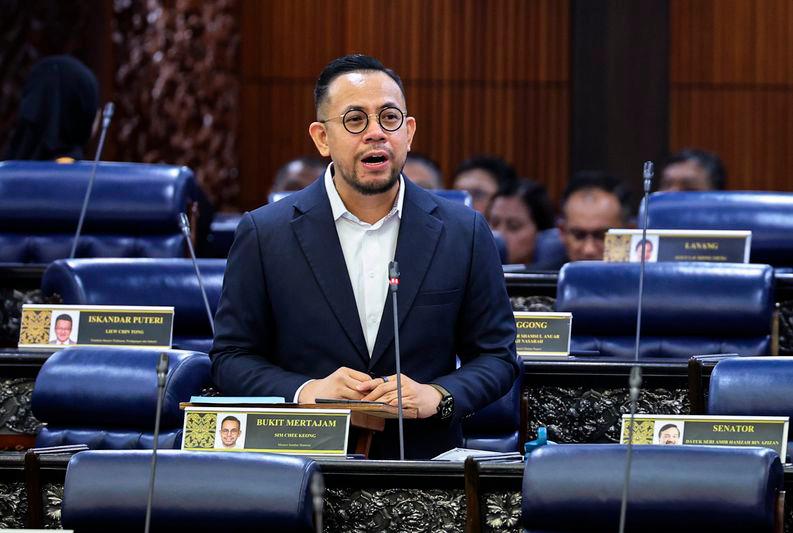KUALA LUMPUR: The Sabah Labour Ordinance (Amendment) Bill 2024 was tabled for its first reading in the Dewan Rakyat today, aimed to update the Labour Ordinance (Sabah Chapter 67), which was last amended in 2005.
Human Resources (KESUMA) Minister Steven Sim Chee Keong, who presented the bill, said the second reading would take place at the next meeting.
Later, in a press conference, Sim emphasised the historic significance of this nearly 20-year effort to standardise worker rights and welfare in Sabah with Peninsular Malaysia under the Employment Act 1955 (Act 265).
“KESUMA is grateful to the Sabah government for its cooperation in successfully tabling the bill, for the benefit of 2.06 million workers and 187,365 employers in Sabah,“ he said.
Sim detailed that the amendment covers 16 main points across 70 clauses to align labour laws with the three main acts enforced in Peninsular Malaysia, namely Act 265, the Workers’ Minimum Standards of Housing And Amenities Act 1990 (Act 446) and the Children and Young Persons (Employment) Act 1966 (Act 350).
Among the key changes, the amendment expands the ordinance’s scope to cover all employees, irrespective of salary or job type, removing the previous cap of RM2,500 and below.
Additionally, maternity leave in Sabah has been extended from 60 to 98 days, and fathers are now entitled to seven days of paternity leave, previously unavailable under the Ordinance.
Further amendments include reducing weekly working hours from 48 to 45, introducing new provisions for flexible work arrangements and addressing issues such as forced labour through a new chapter (11B) on sexual harassment and improving housing, accommodation and employee facilities.
Sim also said that the effort to align the Labour Ordinance (Sarawak Chapter 76) with Act 265 has received approval from the Sarawak state government. The final draft bill detailing these changes is being finalised for presentation in the upcoming Parliament session.
“KESUMA is confident that these amendments will significantly enhance the welfare and rights of workers in Sabah and Sarawak, thereby raising the country’s labour standards,“ he added.









